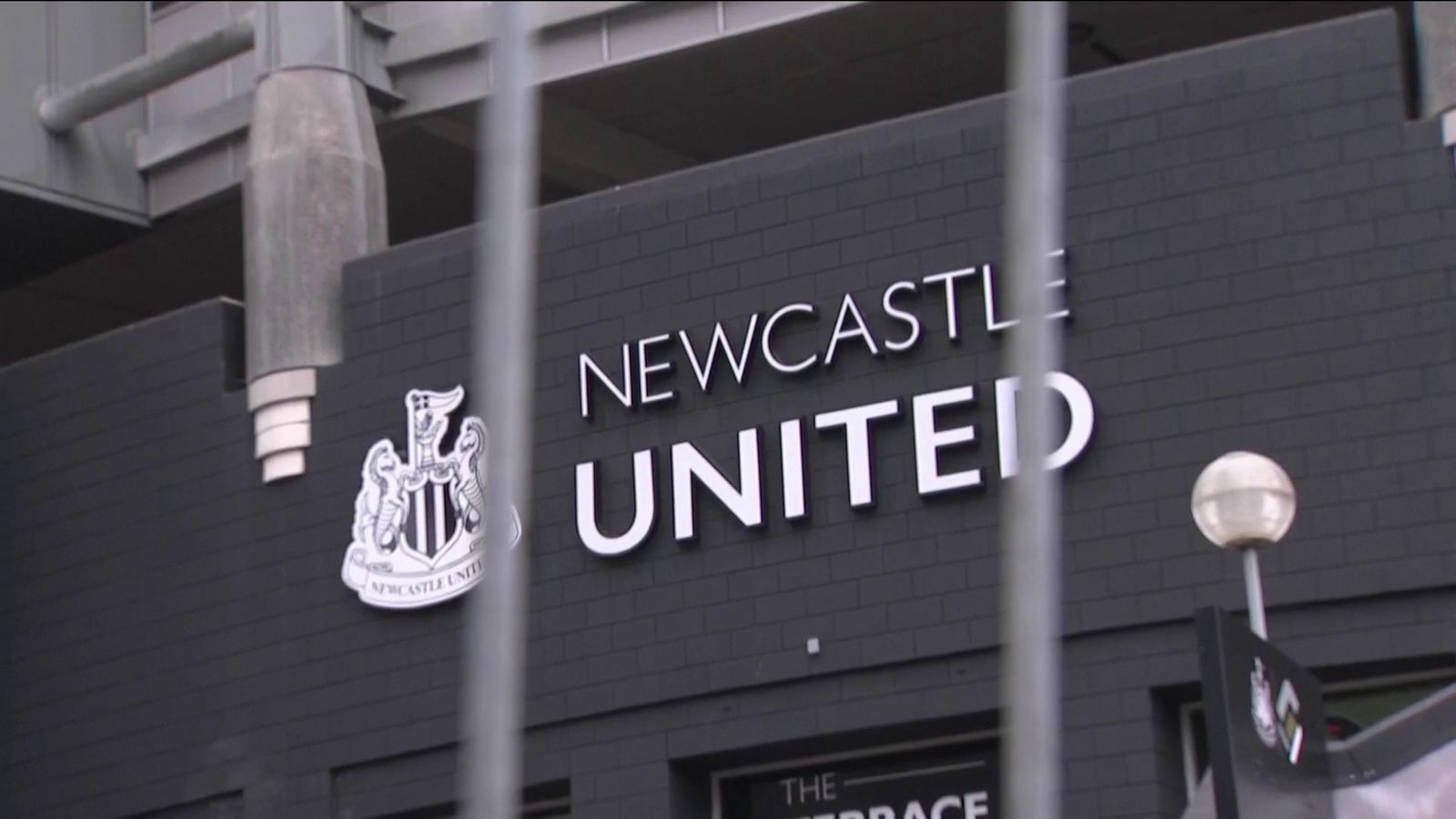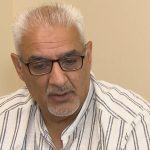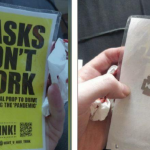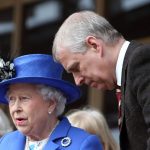Mike Ashley’s 14-year ownership of Premier League club Newcastle United has come to an end after a Saudi-led consortium completed its £300m takeover of the club.
The league has approved the takeover, which was delayed by almost 18 months due to a dispute between beIN Sports and the Saudis over illegal streaming.
In a statement, the football league said: “The Premier League, Newcastle United Football Club and St James Holdings Limited have today settled the dispute over the takeover of the club by the consortium of PIF, PCP Capital Partners and RB Sports & Media. Following the completion of the Premier League’s Owners’ and Directors’ Test, the club has been sold to the consortium with immediate effect.
“The legal disputes concerned which entities would own and/or have the ability to control the club following the takeover. All parties have agreed the settlement is necessary to end the long uncertainty for fans over the club’s ownership. The Premier League has now received legally binding assurances that the Kingdom of Saudi Arabia will not control Newcastle United Football Club.
“All parties are pleased to have concluded this process which gives certainty and clarity to Newcastle United Football Club and their fans.”
Newcastle also released a statement, confirming that Yasir Al-Rumayyan, the governor of the Public Investment Fund (PIF) will act as the club’s non-executive chairman, while Amanda Staveley, chief executive of PCP Capital Partners, will have a seat on the board.
The statement added: “The Investment Group is comprised of long-term, patient investors who have every confidence in the future success of the Club.
Cost of living crisis: Energy and council tax bills could rise by hundreds of pounds from next year, warn experts
Fuel supply crisis: Industry says recovery not fast enough as London, South East and East still have low fuel levels
COVID news live: Red list changes and new testing requirements announced – as UK daily cases top 40,000 for first time in month
“Today’s announcement is the conclusion of a thorough and detailed process that has allowed the Investment Group to arrive at a deal that benefits all stakeholders and will leave Newcastle United well-placed to pursue a clear, long-term strategy.”
The approval of the takeover means the end of Mike Ashley’s tenure as owner. The Sports Direct boss bought the Magpies in 2007, but has been criticised by supporters for a perceived failure to invest in the team.
On 6 October, beIN and the Saudi state resolved their issues, paving the way for the takeover to complete – more than a year after the group first expressed interest in buying Newcastle.
beIN had been opposed to the takeover, saying the ban and piracy of its content in Saudia Arabia was damaging to sports rights holders.
The Qatari network had been unable to broadcast in Saudi Arabia for the last four-and-a-half years, as part of a diplomatic dispute, but the ban is set to come to an end.
The takeover means Saudi Arabia’s Public Investment Fund (PIF) has taken an 80% stake in the club.
The consortium previously withdrew after the Premier League identified the Saudi stake as a director with control over the club, which would have made it subject to the league’s owners’ and directors’ test as part of the takeover process.
The Competition Appeals Tribunal heard last week the league had been “improperly influenced” by beIN and rival Premier League clubs in its consideration of the takeover.
Mike Ashley is separately engaged in arbitration proceedings with the Premier League over the takeover of the club.
The proceedings were engaged after Newcastle United waited months for the league to approve the deal and while the bid was never formally rejected, the Premier League was not satisfied over issues concerning ownership, amid a row over TV piracy.
Mr Ashley bought Sir John Hall’s 41% stake in Newcastle in May 2007 for £55.4m and in June he had complete control of the club.
The Mike Ashley era at Newcastle has done something quite profound to some of the most dedicated and fanatical supporters in the land.
It’s sucked the hope away.
The 14-years under Ashley’s questionable stewardship have ground them down, blunted expectations and taken the joy out of their football.
Some have simply walked away – numb at what’s happened both on and off the pitch. To many of them “Ashley Out” is now all that matters.
However many people line up to criticise the huge Saudi investment at St James Park – the fans have lived the last fourteen years and have got to a place where almost anyone with the money and ambition will do.
The dream on Tyneside is the kind of Middle Eastern funded revolution that Manchester City had from Abu Dhabi or that Paris St Germain has enjoyed from Qatar.
If the money flows in and is invested properly, not just in exciting new players, then anything could happen. And that’s what they’ve missed – the chance to really hope and dream again.
As the doomed European Super League project proved clubs belong to the fans. They will outlive any owners and right now – rightly or wrongly – most Newcastle fans believe they are getting their club back.
Prior to the takeover being approved by the league, Amnesty International reminded the league that Saudi Arabia’s human rights record should be a factor in approving the deal.
“Instead of allowing those implicated in serious human rights violations to walk into English football simply because they have deep pockets, we’ve urged the Premier League to change their owners’ and directors’ test to address human rights issues,” Amnesty UK chief executive Sacha Deshmukh said.
“Ever since this deal was first talked about we said it represented a clear attempt by the Saudi authorities to sportswash their appalling human rights record with the glamour of top-flight football.
“Under Mohammed Bin Salman, the human rights situation in Saudi Arabia remains dire – with government critics, women’s rights campaigners, Shia activists and human defenders still being harassed and jailed, often after blatantly unfair trials.
“The closed-door trial of Jamal Khashoggi’s alleged killers was widely perceived to be a part of a wider whitewash by the authorities, and Saudi Arabia is accused of a catalogue of crimes under international humanitarian law during the long conflict in Yemen.
“The phrase ‘human rights’ doesn’t even appear in the (Premier League’s) owners’ and directors’ test despite English football supposedly adhering to FIFA standards.
“As with Formula One, elite boxing, golf or tennis, an association with top-tier football is a very attractive means of rebranding a country or person with a tarnished reputation. The Premier League needs to better understand the dynamic of sportswashing and tighten its ownership rules.”






















